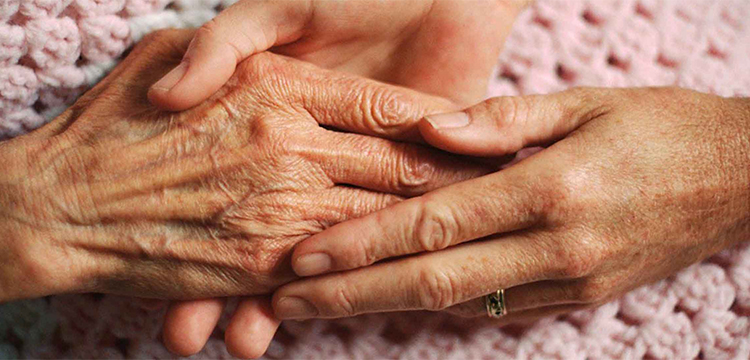Human existence is something that we all should treasure, and yet many people just take it for granted. Life is a gift we have been given that we should enjoy and make the most out of. We never know how long we will be present upon this world, so we should try and live each day as though it is our last. Life expectancy has continued to increase in the western world for the last few decades. Although this is good news, the downside is that the longer a person lives, the higher the chances of getting an illness like cancer.

Thanks to science, the number of people who go into remission are growing, with life expectancy for many cancer sufferers’ years longer than they were in the past. For some people, though, the cancer can prove to be incurable, and this is where palliative care can help. One thing that is important to all humans when they know that they have a terminal illness, and that is to progress to the end with dignity. Palliative care from Enayati helps people manage their medication and treatment, and make sure that they fully understand the processes involved. Symptom and pain management is part of the care, along with help concerning mental and physical stress.
Although this kind of care is associated mainly with people near the end of life, it is also used by those who require long term help for serious illness. It is also not just the patient that is involved in the care, those close to them, such as family and friends, are also included. One of the main purposes is to ensure that the patient is not going through the illness alone. This does not only help them mentally, but also physically as well, and this has been shown to help prolong life expectancy.
Care these days has also moved on from the days when everything happened within a hospital. The same level of care will now be given to those in a hospice, residential home, own home, and can even include being a day patient at a hospital, instead of residing there twenty four hours a day. Being able to remain home for as long as possible, improves the patients mental health. Not only will the support services visit the person, help is also always available via the telephone at any hour of the day.
Depending on what is actually wrong with a person will depend on what level of care they require, as each person’s needs are different. Some people will be quite happy with having the services available just at the end of the phone, while others will need a live-in career. People with serious illness also have up and down periods, so they may not require any care for a certain amount of time. The main point of palliative care is to make sure that the patient and family know that it is there, if and when required. Thanks to the way this type of care has evolved, patients get the dignity that they deserve.








